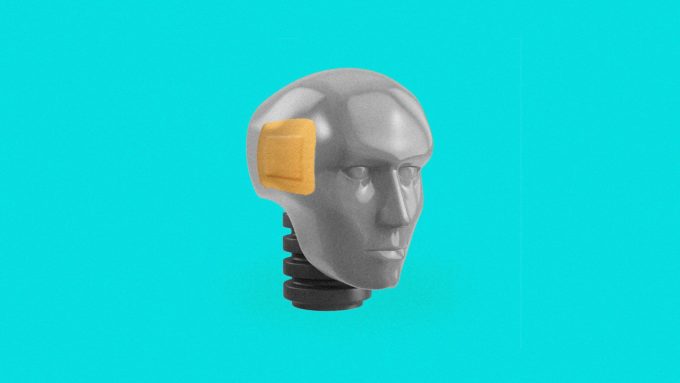Parsing Autonomous Vehicle claims

by Joann Muller, Axios | Navigate
A new study from the insurance industry that suggests automated vehicles will stop only about one-third of crashes is a reminder that much of what we hear and read about AVs should be taken with a grain of salt.
The big picture: Human error plays a role in 94% of crashes, according to U.S. government statistics, which is why automation is often held up as a potential life saver.
What they did: The Insurance Institute for Highway Safety, a well-known research organization, studied more than 5,000 crashes, separating them into five categories:
- Sensing and perceiving errors like driver distraction (24%)
- Predicting errors like misjudging how fast another vehicle is going (17%)
- Planning and deciding errors like speeding or driving aggressively (39%)
- Execution and performance errors like overreaction during a defensive maneuver (23%)
- Incapacitation like drunken driving or falling asleep at the wheel. (10%)
What they found: IIHS concluded computer-controlled robocars will prevent about 34% of accidents, but may be no better than humans in avoiding the rest, AP reported.
Yes, but: Partners for Automated Vehicle Education, a coalition of AV companies and advocacy groups, took issue with some of the study's assumptions, which it said "raise questions about its conclusions."
This article appeared first at Axios | Navigate on June 5, 2020.




